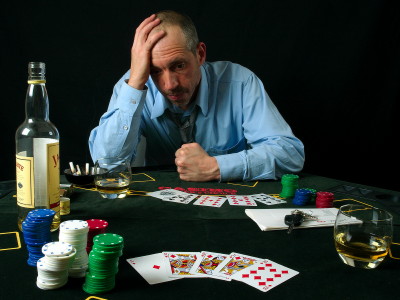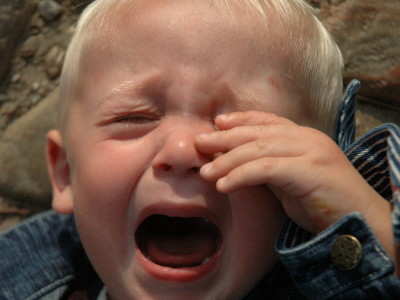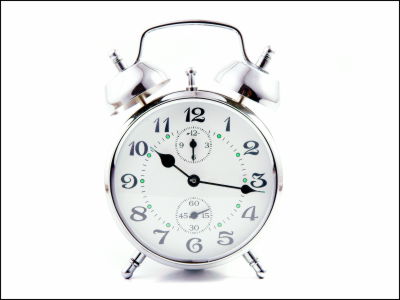Sleep deprivation sometimes makes the situation too optimistic and makes a risky decision

In Las Vegas casinos and the like, light and noise, extreme coloredCarpet patternIt is known that a mechanism to keep gamblers from sleeping all night is hidden, but to the mechanism that casino gets better by not letting guests sleep, "everyone keeps using money while awake Not only that, "A customer who keeps on for a long time is more likely to make a risky decision like to lose a lot of moneyNeuroscientists supported that there is also the aspect of being neuroscientists.
Duke UniversityExperiments conducted at an affiliated medical school have shown that in the brains of people with insufficient sleep, the portion that estimates "profit" that may be obtained as a result of a decision becomes active and "loss" that may be lost by the decision It is clear that the activity of the estimate part decreases. In other words, people with insufficient sleep do not think deeply about what they lose when losing "gambling", and are ready to hit "big bumps" in search of greater profits.
Details are as below.Sleep-Deprived People Make Risky Decisions Based on Too Much Optimism - DukeHealth.org
Although it has already been shown that sleep deprivation affects decision-making ability, in many studies, the decline in decision making ability due to sleep deprivation has been accompanied by a decrease in attention and memory,cost"When"effect"The ability to analyze and analyze various factors such as integration has been linked with.
Duke University andNational University of SingaporeCollaborative medical schoolDuke-NUS Graduate Medical SchoolSpecialize in neurobehavioral studiesMichael CheeAccording to professors' research, it seems that this "cost" looks small in the first place for people with insufficient sleep, and it is highly likely that importance is attached to "effect". Thesis isJournal of NeuroscienceIt is published in the magazine March 8, 2011 issue.
Professor Chee's experiments showed that 29 healthy adult subjects with an average age of 22 years had economic decision-making tasks (decision games with monetary "reward" or "loss" according to the result, the so-called gambling) Take the brain's activities during the task and when you can tell the result of gamblingFMRI.
As a result, when the subjects took the task at 6 AM after staying up all night, the test subjects had "profit margin" rather than "loss-suppressing" decision compared to when doing the task at 8 AM after sleeping overnight as usual In the brains of persons with insufficient sleep, activity increases in the portion that estimates "positive results", activities are decreasing in the portion that estimates "negative results", and the result of gambling I was told that it was insensitive to "compensation" and insensitive to "loss" when being taught.
In other words, the lack of sleep gambler is insensitive to the pain that loses 10,000 yen, that he feels the pleasure to earn 100,000 yen more strongly. Originally a worried and pessimistic person thinks about only the case of "losing a bet" and makes a hard decision to "suppress loss", that is, if it only appears in a small bet, people with insufficient sleep On the contrary, in an optimistic and enigmatic situation, it is easy for big gamers like "to make profits" just think about "winning a bet".
The casino offers customers a variety of ways, such as dazzling lights that shine with loud sounds and shimmers, alcohol that is provided free of charge, money that is converted to "chips" or "credits" and loses "money" It is known to try to strike. The gambler seems to have to fight not only the temptation from outside, but also the inner enemies of optimism due to sleep deprivation.
Related Posts:
in Science, Posted by darkhorse_log






